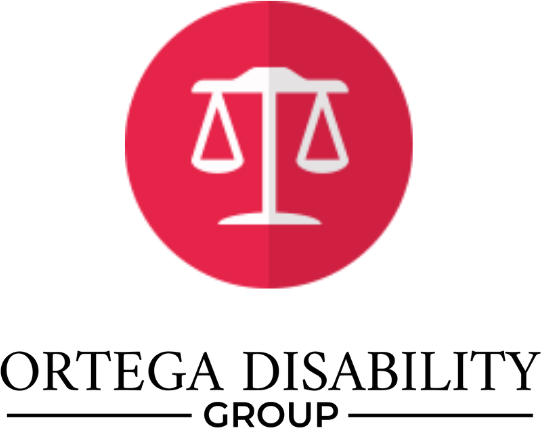June 27th is PTSD Awareness Day
Post traumatic stress disorder (PTSD) is an anxiety disorder caused by witnessing or experiencing a traumatic event that causes intense fear, horror, or helplessness. Most people who experience intense trauma recover given enough time. However, some individuals are unable to process their experience and the symptoms worsen and can last long after the initial incident. Occasionally, the symptoms are so severe that they interfere with daily activities. These cases are classified as PTSD.
PTSD is also called battle fatigue, post traumatic stress syndrome, or shell shock because it was first recognized in those who had served in combat and survivors of war. Nevertheless, PTSD can also be a result of violence, childhood abuse, rape, or a natural disaster like an earthquake.
Symptoms of PTSD
Those who suffer from PTSD may experience flashbacks, or reliving the original trauma, nightmares related to the traumatic event, emotional numbness, feelings of hopelessness, bursts of anger, and irritability. Other symptoms may include trouble concentrating and remembering things, difficulty sleeping, self-destructive behavior, and visual or auditory hallucinations. Any one of these symptoms can make it difficult to or even impossible to function or to keep a job.
How is PTSD Diagnosed?
A psychiatrist or psychologist will diagnose PTSD based on a psychological evaluation looking for the symptoms listed above. A physical exam is also recommended to check for any related medical conditions.
Filing for Social Security Disability with a PTSD Diagnosis
The SSA approves post-traumatic stress disorder cases either by medical vocational allowance or by satisfying the criteria outlined in Section 12.06 of the Blue Book. Most are approved by medical vocational allowance. If your PTSD is not severe enough to meet the listing according to the SSA, it will award a medical allowance if your condition is severe enough that it prevents you from working – either at a prior occupation or another job that would pay you a “substantial and gainful” income.Ssi Attorney Oakland
When you prepare your case, your medical records should include at least one detailed description of the anxiety reaction you experience. It should include the duration, nature and frequency of the anxiety reaction and the effect(s) it has on your ability to function. Your records should also indicate incidental factors that may cause or worsen the reaction. It should also be noted whether the details of the anxiety reaction match the direct observations of your doctor.
Our SSI Attorney Near Oakland
You may be entitled to Social Security Disability Insurance (SSDI) or Supplemental Security Income (SSI) if you are disabled due to PTSD that is severe enough to stop you from being able to work. If you are unable to function due to PTSD, contact a dedicated SSI attorney near Oakland from Ortega Disability Group. We can help you collect and present the appropriate documentation to support your disability claim, so your PTSD disability case will have the best possible chance for a positive outcome.
